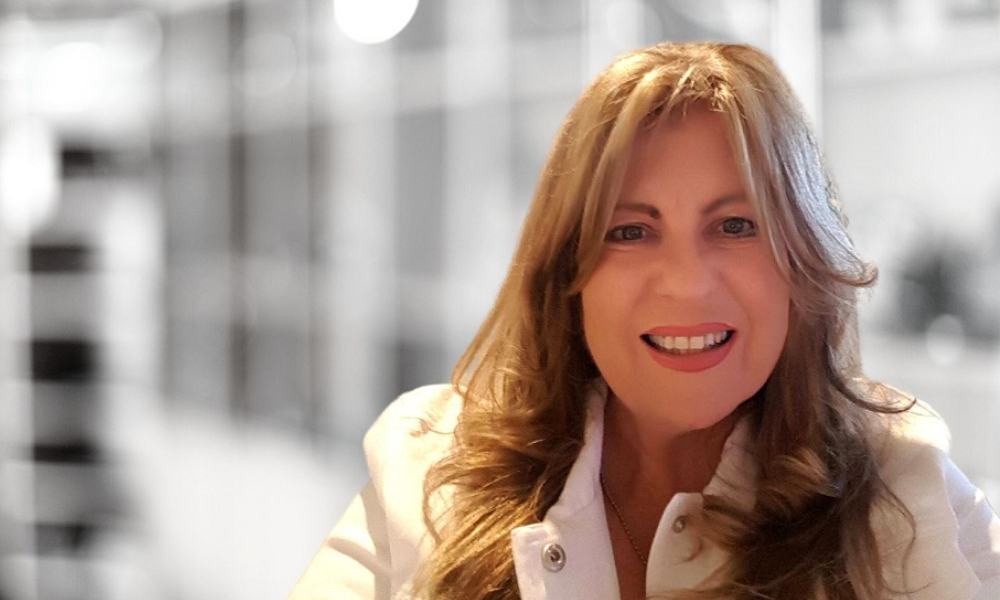
Ageism leads to poorer health, social isolation, earlier deaths and cost economies billions

by Sue Parker, owner of DARE Group Australia
Every year around the 2nd week of September is R U OK day? In Australia.
An important message and focus as mental health wellness and suicide prevention is one of the most pressing issues of our times. It’s a focus for HR and organisation broadly but it needs a deeper lens and confronting question to be asked
There will not be a person or organisation who hasn’t been impacted, directly or indirectly with the devastation of mental health issues
The World Health Organisations Report in 2021 Ageism is a global challenge states that: “Ageism leads to poorer health, social isolation, earlier deaths and cost economies billions: report calls for swift action to implement effective anti-ageism strategies.”
But there is a piece missing around responsibility of the harm of ageism attitudes which frankly HR and hiring organisations need to address.
And that is asking if people are ok with their own behaviours and attitudes around ageism which cause harm and stress to others.
The workplace is a key focus of the R U OK? movement to check in with colleagues and staff if they are ok. Terrific stuff for both public and private sectors.
But, what about the tens of thousands of men and women who do not have a job because they are being constantly rejected due to ageism? They are forgotten and suffer greatly from the young under 25 to older over 50s.
Ageism is the silent bias which is rarely included in DEI policies and conversations, let alone factored into the aftermath of skilled people who are rejected in the hiring system.
The devastating and emotionally destructive impact of ageism in job seeking and hiring will l impact your friends and family and colleagues.
It effects both men and women of course with erosion of self esteem and self-worth. But I have observed that men are particularly vulnerable as they try to maintain a stiff upper lip.
I cannot tell you how many skilled men I’ve spoken to over 55 who are so disheartened with depression because of years long ageism.
It can be seen in:
The best friend who cannot face another dismissive rejection.
The parent who is feeling depressed due to not being able to get interviews because they are over 50 and feel they cannot support their family.
The spouse who is being discriminated against unfairly and feels so demoralised
The son or daughter under 25 who faces rejection without any kindness
The ex-colleague who was given a unwanted redundancy at 55 and cannot get back into another job
The uncle who despite decades of study and experience is treated like a second class citizen.
The single woman over 55 who cannot survive on super and needs to work. She faces a mix of biases with her age and gender which causes great angst on every level.
The whippet smart executive who keeps getting rejected being told they are over qualified which is code for 'we don't hire your age’. Nothing to do with the role.
The young university graduate who feels cultural pressure to work but cannot get a chance
Even the recruiter and hiring managers own family and friends who are depressed and on the brink.
The question to everyone in HR and organisations that are hiring is to firstly check your own ageism biases. And ask the uncomfortable question “R U OK with being ageist and unfairly harming others by your attitudes?